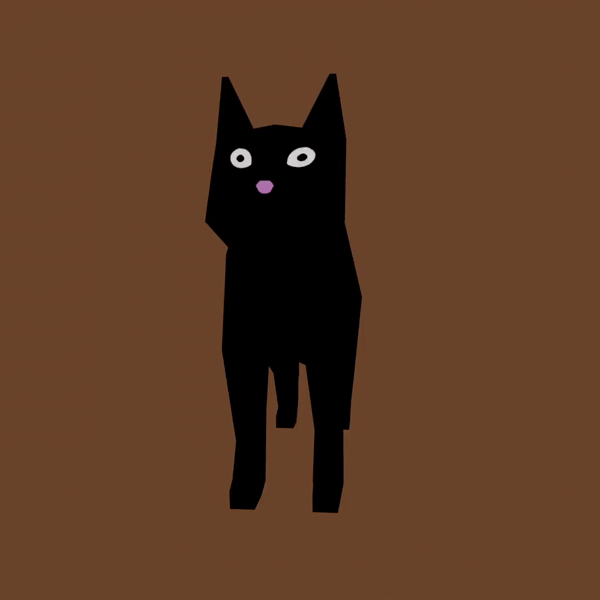I have been studying Dziga Vertov with veracity that cannot be contained to how little time I have to learn more and report back. This has led to me watching Man with a Movie Camera more times than I can count. Even then it still feels like it’s not enough. One of the things I admire about that work in particular is its reflexive and poetic nature. I have already made work I would consider poetic, but one of the things I haven’t acknowledged as much is the reflexive mode.
Reflexive mode is not just reflecting on the self, but reflecting on the medium one makes with. In my case, that would be film. Not true film, but what film has come to mean currently. I study film, but truly it feels like I make video more than I make film. Video feels different. It used to be an analogue thing kept on a VHS tape—or other tape—but it now takes on a more digital connotation. In essence, it’s, “the recording, reproducing, or broadcasting of moving visual images.” This is the first definition that pulls up on google. What immediately follows that definition is, “a recording of moving visual images made digitally or on videotape.” Both of these are what I mean, with the latter one reading into the specificity I find myself thinking about. My medium is digital and overly simplified for the consumer. I work with these constraints so that I may be free to work at all.
In my youth, I recorded my living room, my sibling, my cats, all with this silver digital camera that my dad would let me use. It wasn’t something I used often, but the option was always there. I often find myself wishing I had taken more advantage of it. Now is not the time for mourning what could have been. What is now, and what has been—since I was about 11 or 12—is the ever-accessible cellphone camera. I grew into the age of smartphones; their flip ancestors being phased out by the time I was 8. I had one in my hands by the time I began middle school. I have been taking photos and videos, poorly and incessantly, ever since.
I grew into this fear of poor quality at some point, perhaps a reflection on how I want to present myself and the control I want to have. I’m not sure precisely what it is. I have, however, elected to move past it through exposure therapy. Editing for actual tv shows that dare to air iPhone footage as part of the program more and more as well as taking courses that actively encourage making with what you have, have helped me.
In the end, this is my most intentionally reflexive piece—taken to an almost satirical extreme through constant use of mirrors. I am no man with a movie camera, I am a person surrounded by mirrors with the desire to reflect that my medium is mediocre and accessible. It’s just me, an iPhone, an editing software, all coming together to make something; not just because it’s going to be the next Dziga Vertov, but because I have two hands, and I cannot keep sitting idly on them to wait for something better. That’s not what being a cinematographer or editor is about. I have to start in order to become.
